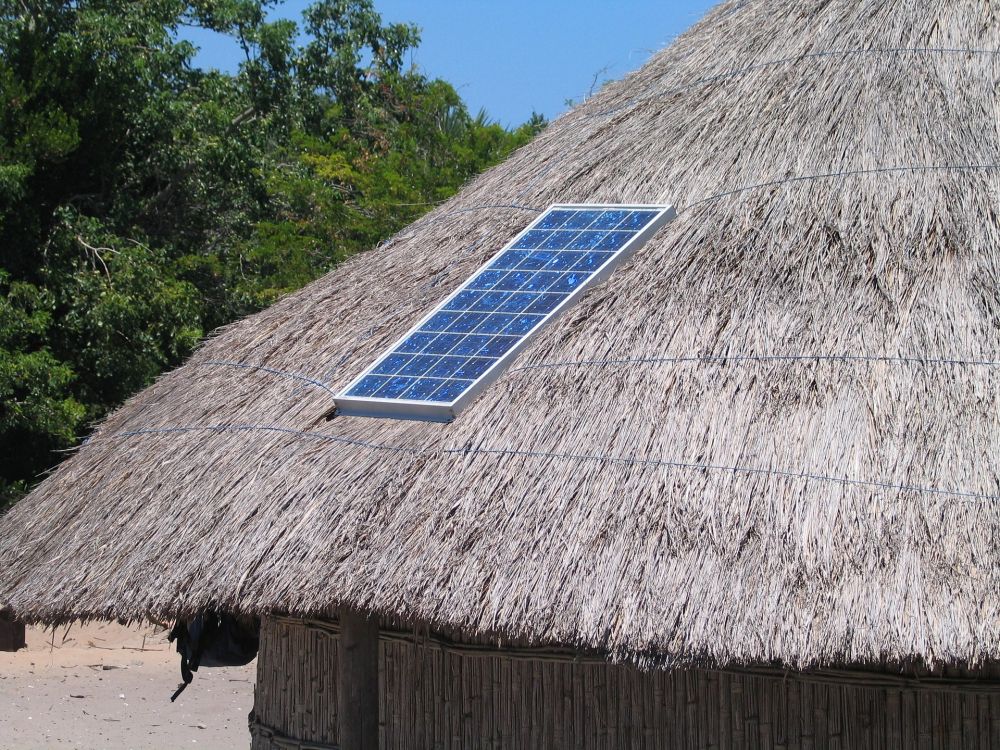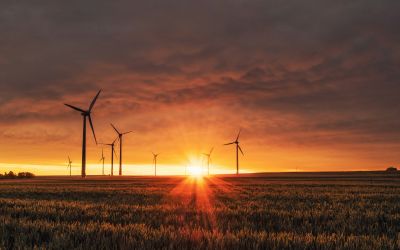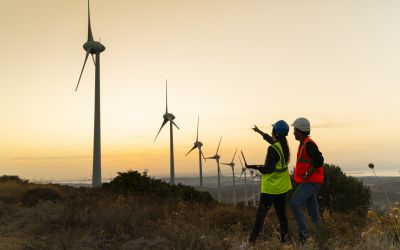IRENA: Off-grid sector emerges to plug energy access gaps
IRENA’s new report Off-grid Renewable Energy Statistics 2022 shows that off-grid renewables continue to grow despite the challenges of the Covid-19 pandemic.

IRENA’s new report Off-grid Renewable Energy Statistics 2022 shows that off-grid renewables continue to grow despite the challenges of the Covid-19 pandemic.
The report provides statistics for the period 2012–2021 covering mini-grids, biogas for cooking and lighting, off-grid solar lights, pumps, and home solar systems across Africa, Asia, Central and South America, Oceania, the Middle East, and the Caribbean.
Off-grid electricity production from renewables, although largely unrecorded in most countries, is believed to be expanding rapidly. By combining information from surveys, administrative data and desk research, the International Renewable Energy Agency (IRENA) has attempted to illuminate major trends in off-grid renewable energy deployment around the world.
“IRENA’s Off-grid Renewable Energy Statistics publication captures the major trends in off-grid renewable energy deployment that are often unrecorded in countries. It is an essential tool for monitoring and measuring the role of off-grid renewables to achieve the energy transition and universal energy access by 2030,” said Dennis Akande, IRENA’s Associate Programme Officer, Statistics.
Rural communities with no access to electricity often use polluting and expensive lighting sources such as kerosene lamps or candles, the fumes of which can cause serious health problems; while a lack of electricity in health centers can result in disastrous outcomes for patients.
With support, however, from policymakers, private investors, and end users alike, the number of people using off-grid solar lights has increased dramatically from 15.4 million in 2012 to 112 million in 2021. In Africa alone, the number of people benefitting from off-grid solar lights has reached 52.6 million in 2021, according to the report.
Over the years, interventions to improve access to energy have focused on electricity and have often neglected non-electricity household energy needs, especially for cooking. The use of inefficient stoves is a major contributor to indoor pollution, which has detrimental impacts on the health of women and children. While large numbers of people still depend on wood and charcoal for cooking, the use of biogas as a clean cooking solution has been expanding across African and Asian countries, improving living conditions and helping to reduce the effects of climate change. As of 2021, over 122 million people benefit from biogas for cooking, the report shows.
For in-depth country-specific statistics on the off-grid sector, download a copy of the report here.






